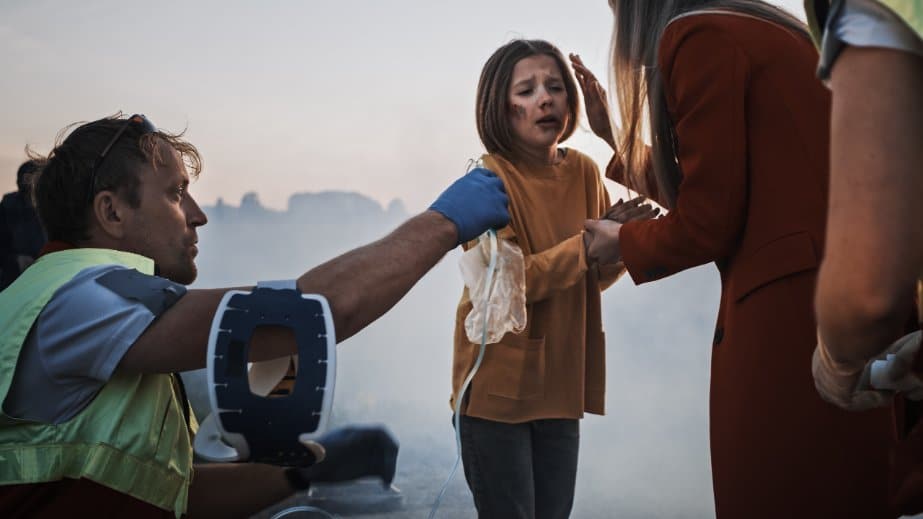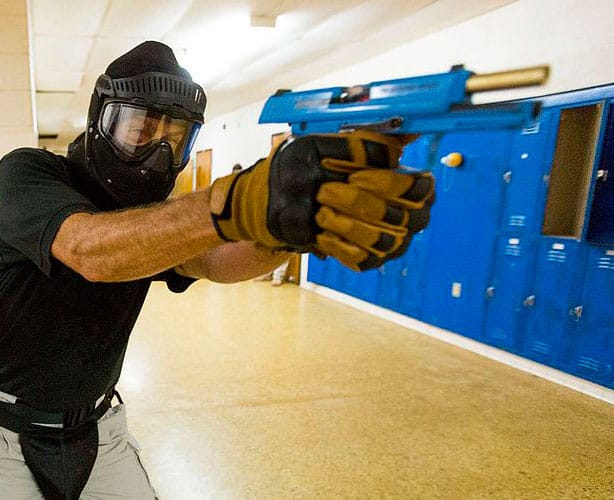
Using CBT to Support Pediatric Patients with Depression
- March 27, 2025
- The REACH Institute
- Cognitive behavioral therapy, Depression
“As primary care providers, we can help our pediatric patients with depression using basic Cognitive Behavioral Therapy (CBT) tools,” explains pediatrician and REACH faculty member Jackie Cotton, MD. “Many common recommendations currently used align with CBT best practices. As part of an evidence-based treatment protocol, a clear roadmap for using these tools helps clinicians save…

Diagnosing Seasonal Affective Disorder
- March 26, 2024
- The REACH Institute
- Assessment & screening, Cognitive behavioral therapy, Depression
“Seasonal Affective Disorder (SAD) is more than just the winter blues,” explains Maureen Montgomery, MD, a pediatrician based in Buffalo, NY. “It’s a subtype of clinical depression that has very specific characteristics.” As the name suggests, SAD is a seasonal and cyclical type of depression. In most cases, SAD occurs during the fall and…

Don’t panic about panic attacks
- February 24, 2023
- The REACH Institute
- Anxiety, Child mental health, Cognitive behavioral therapy
“The impairment from a panic attack doesn’t come from the episode itself,” said REACH faculty member James Wallace, MD. “It comes from the patient’s and family’s reaction.”

Treating pediatric trauma
- September 20, 2022
- The REACH Institute
- Cognitive behavioral therapy, Trauma
“The biggest predictor of having something bad happen to you is having had something bad happen to you in the past,” said Brooks Keeshin, MD. Dr. Keeshin, a child abuse pediatrician and child psychiatrist at the University of Utah, co-developed the new REACH Institute course Addressing Trauma in Pediatric Primary Care. At least 66% of…

Helping patients deal with school shooter anxiety
- September 18, 2019
- The REACH Institute
- Anxiety, Child mental health Cognitive behavioral therapy,
According to the National Center for Education Statistics, 92% of public schools had formal active shooter plans in 2016, and 96% conducted lockdown drills. These measures are intended to keep children safe, but they may do as much harm as good. The title of a September 4 New York Times article sums it up: “When Active Shooter Drills Scare the Children They Hope to Protect.” We asked REACH faculty member Jasmine Reese, MD, MPH, about how students react to active shooter drills and what pediatric primary care providers (PCPs) can do. Dr. Reese is Director of the Adolescent and Young Adult Specialty Clinic at Johns Hopkins All Children’s Hospital in St. Petersburg, Florida. “We have yet to see data on whether these drills are causing more anxiety and other mental health issues among students,” said Dr. Reese. “But it seems clear in practice that they can either cause anxiety and depression or exacerbate existing issues.”

How Pediatric Professionals Can Use Cognitive Behavioral Therapy to Address Anxiety
- March 25, 2019
- The REACH Institute
- Child mental health, Cognitive behavioral therapy Pediatric primary care,
“Pediatric primary care providers can have a big impact on child mental health simply because we see children early and often,” said Dana Kornfeld, MD, REACH board member and associate clinical professor of pediatrics at George Washington School of Medicine. Dr. Kornfeld, who practices at Pediatric Care Center in Bethesda, MD, endorses the use of cognitive behavioral therapy (CBT) techniques in primary care to nip potentially crippling anxiety in the bud.
Categories
- ADHD
- Anti-racism
- Anxiety
- Assessment & screening
- Autism
- Child mental health
- Coding
- Cognitive behavioral therapy
- College transition
- Culturally responsive
- Depression
- Eating disorders
- Foster care
- Grief
- High-risk children & youth
- LGBTQIA
- Medication
- Parents
- Patient communication
- Pediatric primary care
- School refusal
- Sleep disorders
- Suicide
- Trauma
- Show All Categories
Register for courses
“This is the first conference I’ve been to where I felt like the entire weekend will impact my practice I think that is due to the engaging, hands-on and fun format. It kept me engaged throughout. Also, I feel like the materials we received are sending me out into the world armed with the tools I need to put the information I learned into practice.”
